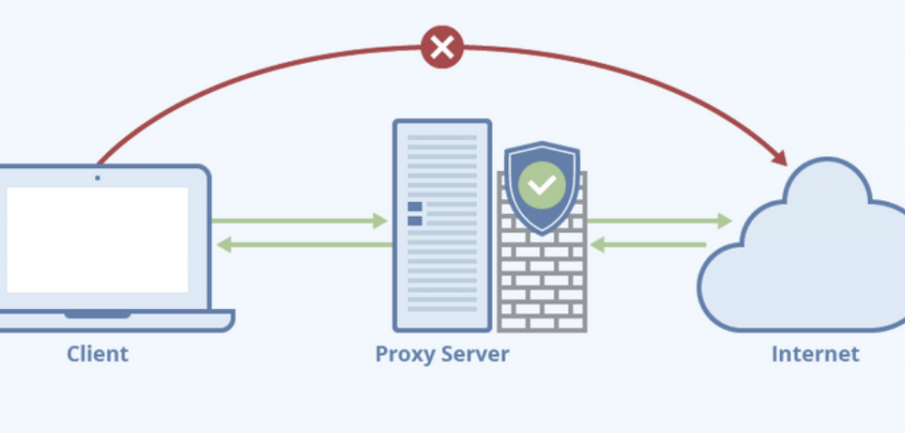Proxy types and their characteristics

Proxy servers can be divided into different types, kinds, classes, and subgroups. Nevertheless, there is no single classification of this tool for anonymity and increased safety on the network. Below we will go into detail about the 10 most common criteria for choosing proxy servers. Read on to the end so that you could better understand the question and determine for sure what kind of proxy you need for your task.
Proxy costs
Proxy servers can be:
- Paid — these servers are issued for individual use with the possibility of authorization by username and password or IP address. Not only they do not slow down, but also speed up the connection due to data caching. Payments are required for usage;
- Free — public servers, whose data can be freely found on the Internet. You do not have to pay for these types of shared proxies, but not only you can use them but also anyone else who wants. They work slowly and with glitches. Practically useless for SMM or parsing data in order to bypass account blocking.
They can also be defined as not private because even from the name of a public proxy it is clear that they can not be private. First of all, this is the reason why they are not used by professionals to work on the Internet.
Proxy visibility
According to this class, proxies can be divided into:
- Standard (visible);
To use a standard visible proxy one has to register their data in the system settings of the operating system, in the browser settings, or another program. You do not need to do that for transparent servers. You do not have to enter data anywhere.
If your ISP uses transparent proxy servers, then all work on the Internet will go through them. You cannot connect or disconnect them by yourself.

















